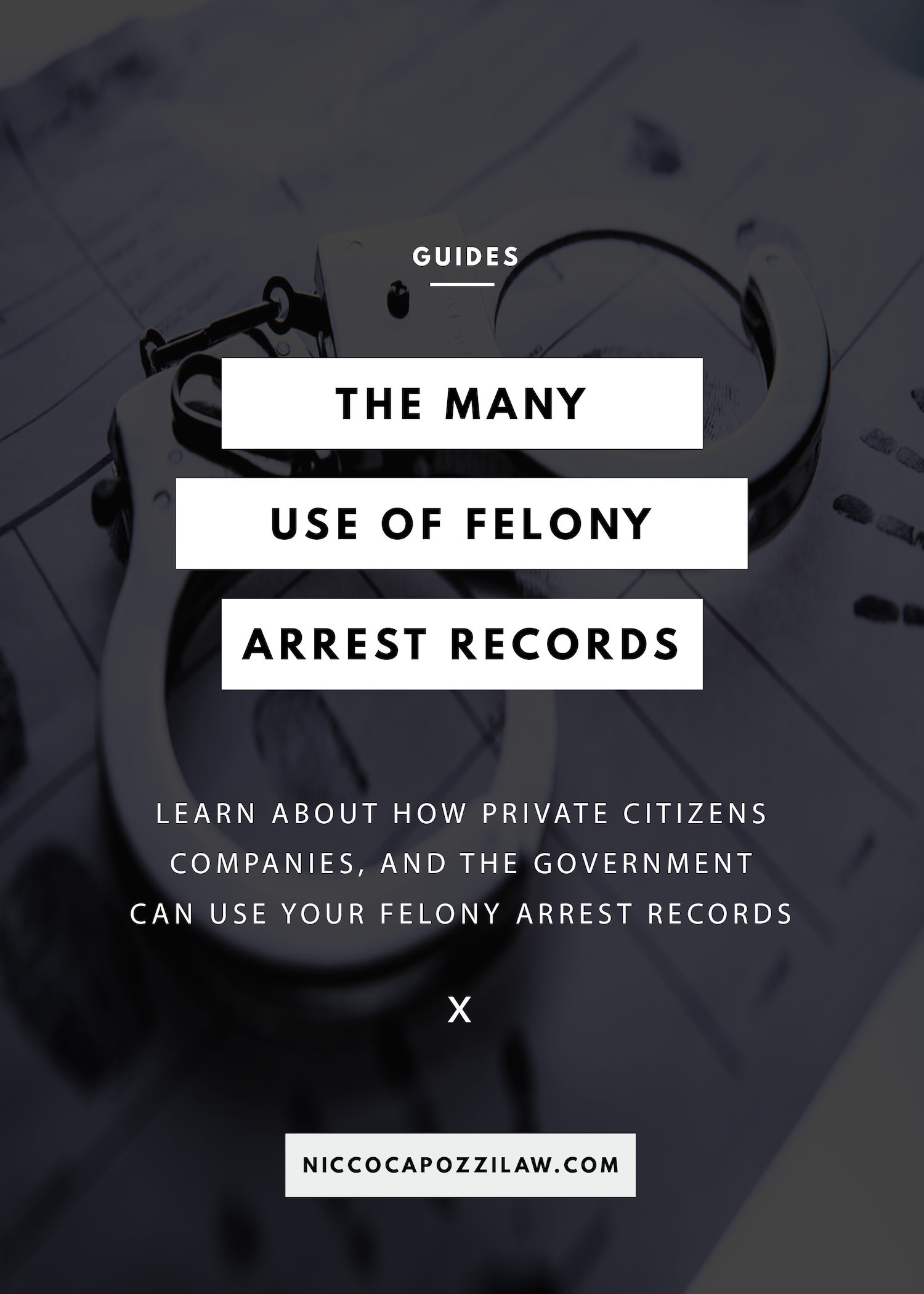Asset Forfeiture
Asset forfeiture occurs when the government seizes, or takes without compensating the owner, property it believes was used during, or obtained from, the commission of a crime. The government’s initial taking of the asset is a seizure; forfeiture occurs when the original owner loses ownership and the government becomes the legal owner. The surest way to get your money or property back is to contact a asset forfeiture attorney. Otherwise, you run the risk of losing it forever.
Asset Forfeiture Laws Are Complex
California and federal law set allow for property to be seized – documents, jewelry, money, vehicles, real estate, and more. Federal asset forfeiture laws are even stricter than California laws and can take much longer to get back.
An asset forfeiture case is a lawsuit against the asset itself, not the property owner or possessor. This means that even if you have not been accused of any crime, but your property was or may have been used during the commission of one, the government can seize your property. For example, if you loan your car to a friend who commits a hit and run while driving your car, the government may seize your vehicle, and you may lose (forfeit) ownership and possession.
Even if the underlying criminal case does not result in a conviction, you may still forfeit your property. A knowledgeable asset forfeiture attorney can explain how these complex laws apply to your individual case.
What Are Your Rights?
Before the government can permanently deprive an owner of his assets, due process is required. Due process is a constitutional right requiring the government to provide the property owner with notice of the forfeiture, and an opportunity to be heard in opposition to the forfeiture.
Filing A Claim
If you object to forfeiting your property, you must take the appropriate procedural steps. You should contact a specialized asset forfeiture attorney California and federal law requires a party to file a written objection or claim to get the property back. Generally, you have about a month to file the claim from the date you received the forfeiture notice; you must file it in the county court where the property was seized or located; and you must also notify the parties.
Should you fail to properly and promptly file and serve this document, you may waive (lose) your right to object, resulting in the permanent loss of your property. An experienced asset forfeiture attorney will complete, file, and serve the required documentation on your behalf to protect your property interests. Contact our law office today to start the process and get your money or property back. Call (559) 374-2012.





